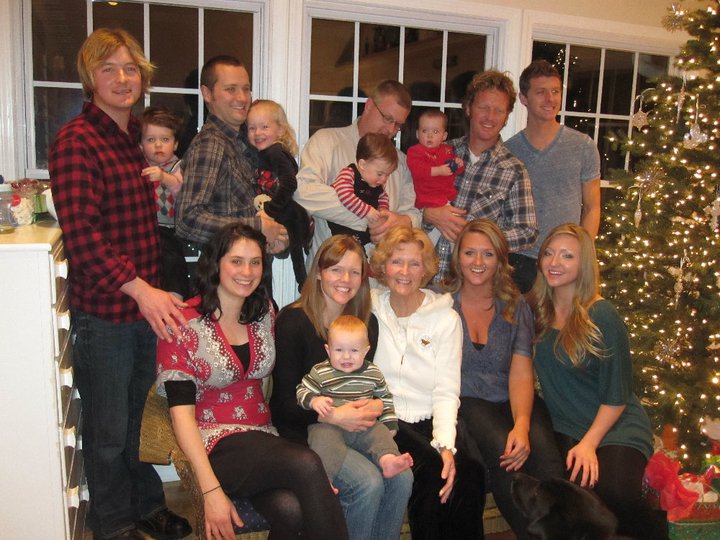 Benjamin Franklin is credited with the maxim, “An ounce of prevention is worth a pound of cure.” Wanting to follow this logic, yesterday I went to Walgreens and got a flu shot.
Benjamin Franklin is credited with the maxim, “An ounce of prevention is worth a pound of cure.” Wanting to follow this logic, yesterday I went to Walgreens and got a flu shot.
I grew up in a home where both parents believed a little illness gave the body a chance to exercise its disease-fighting mechanism, and conquering the flu was evidence all systems were working. We weren’t taken to a doctor unless we needed stitches or surgery, and if we had a fever, we weren’t encouraged to take aspirin. “A fever is just your body letting the sickness out,” Mom would say.
That philosophy is probably why I figured flu shots were only for those who loved medicine and doctors offices. I’d been sick so few times I couldn’t even remember having a cold. That is, until Christmas, 2010.
Our whole family was scheduled to come to Michigan from Florida, England, Hawaii, Iowa, and Chicago. Christmas of 2009 had been sad and somber, since we were still reeling over Nate’s death a few weeks earlier. When I look at the family photo taken a year later in 2010, I see a group that had survived the worst part of grieving. But I also see a whole bunch of people who had just finished enduring something else: two holiday weeks of shared diseases.
The Christmas season we’d hoped would be joyful included fevers, vomiting, diarrhea, headaches, and lots of crankiness. Not one of us had escaped. And several days after that picture, as I stood on the front porch waving off the last of them, I made a decision to join the ranks of flu shot consumers.
An ounce of prevention is always better than mopping up afterwards, but of course this principle doesn’t just apply to diseases. If we fudge on our income taxes, for example, the end result is a fine many times greater than the original tax bill. If we tell one lie, we might have to tell 15 more to support that first one. On paper we know these things. Applying them is something else.
And what about spiritual ounces of prevention? How do we prevent ourselves from, for instance, falling into temptation? An ounce of that kind of prevention might mean finding an accountability partner. It might mean making sure the things that tempt us have been cleaned out of our homes. Maybe it’s appropriate Scriptures written on cards, or a list of 3 practical steps to take during times of weakness.
Hebrews 11 tells us that many of the Old Testament saints “were made strong out of weakness.” (v. 34) And how did that happen? God strengthened their faith, one preventative ounce at a time. He’s the same God today, offering the same ounces to any of us who are willing to work at preventing sin.
I guess compared to that, getting a flu shot is a piece of Christmas cake. Ben Franklin, my sore shoulder thanks you.
“Watch and pray so that you will not fall into temptation. The spirit is willing, but the flesh is weak.” (Matthew 26:41)






